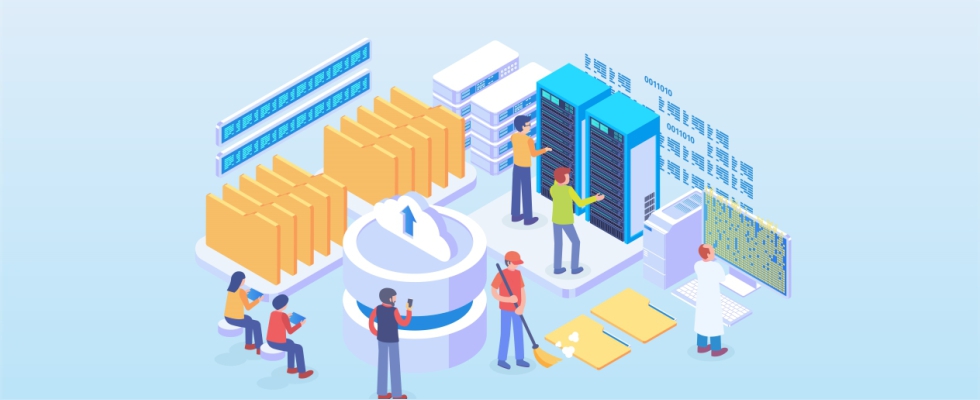The outbreak of COVID-19 and the challenges that came along with it like ensuring effective distribution of oxygen and medicines is an apt example of why healthcare organizations need a predictive and prescriptive data management system. This is where DataOps, a system of looking at data from a holistic perspective of people, processes, and technology, comes in handy. DataOps is a process of agile data integration that focuses on improved collaboration and automation of data flows that provides various functions within an organization with significant access to the data and insights.
Challenges for the healthcare industry when it comes to data
Implementing DataOps for healthcare
While implementing a DataOps strategy for your organization, it is important to consider the following four aspects:

Advantages of DataOps for healthcare
Implementing a good DataOps strategy has many benefits. Following are the top advantages that will help you realize why every healthcare organization should implement one:
Implementing DataOps is one of the best ways for the healthcare industry to be future-ready. It has the potential to truly transform patient care. The ability to systematically store data, leverage modern technologies to analyze it, and most of all, giving the opportunity to everyone in the system to access and draw insights, are the biggest benefits of implementing DataOps. This is the right time for all healthcare providers to gear up and be prepared for anything that comes next. If you’re looking to explore and implement DataOps for your organization, connect with our experts and we can help you devise a perfect implementation plan.


